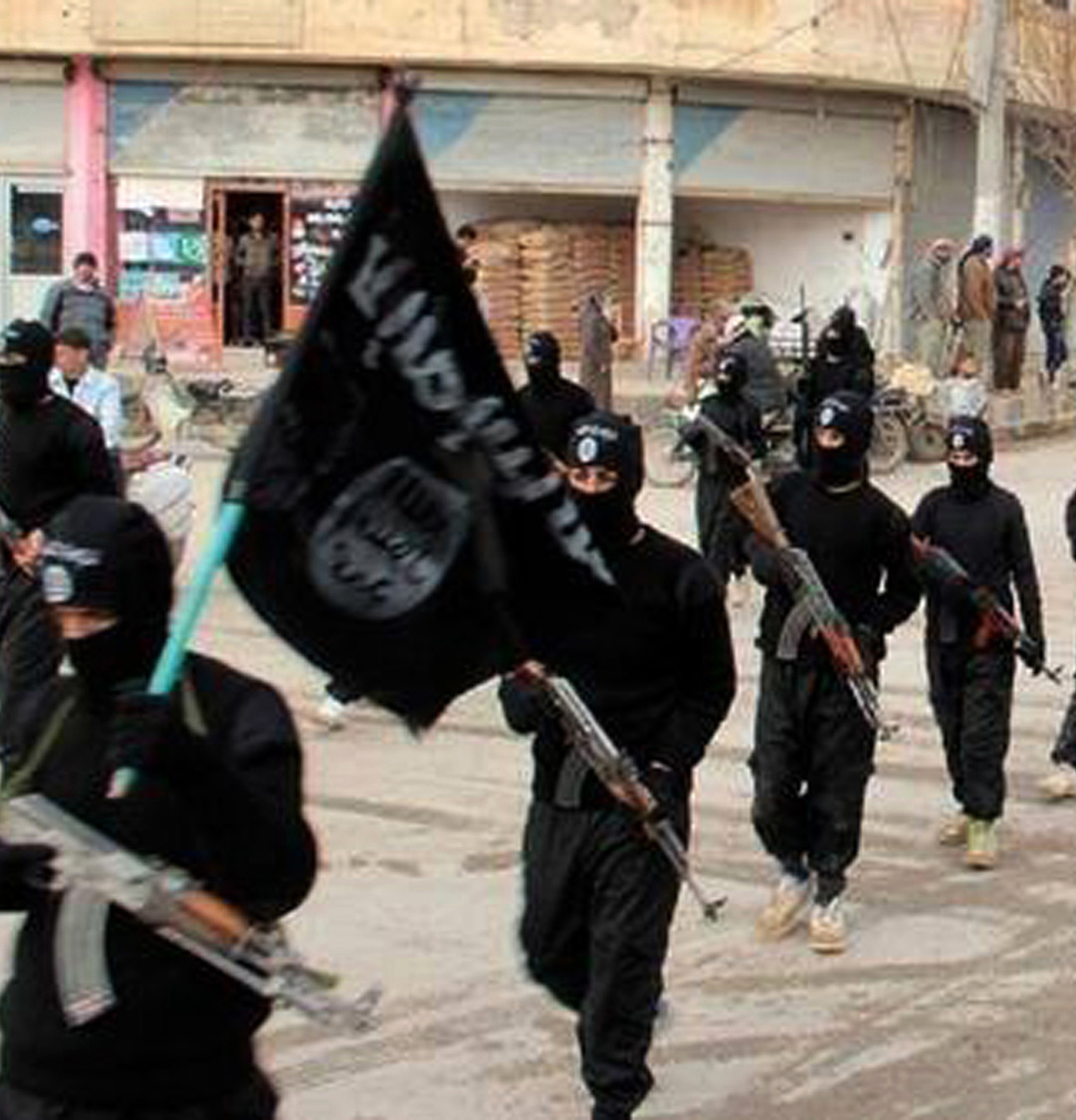As Iraq comes undone, other crises muscle onto world stage
So dire is the situation in Baghdad that a knowledgeable source there says that top Iraqi military leaders “have their bags packed” in anticipation of possibly having to flee the capital with their families. While the Obama administration and much of the global media focused on crises in Ukraine and the Gaza Strip in recent weeks, the centrifugal forces of a sectarian civil war continued to pull Iraq apart. The political deadlock in Baghdad persists, Iran’s grip on the government there has tightened and the Kurds are pushing ahead with a referendum on independence. With Iraqi Security Forces increasingly in disarray, the extremists of the Islamic State of Iraq and the Levant (ISIL) have begun probing the defenses of the capital with a wave of lethal car-bomb attacks in the past week, some of them targeting police checkpoints on major routes into the city.
The recent wave of attacks in the city may be intended to pin [Iraqi] forces down in the capital … or they may be probing Baghdad’s defenses in anticipation of a larger offensive.
Jessica Lewis, research director at the Institute for the Study of War, and a former U.S. Army intelligence officer
The post-Iraq landscape now taking shape and already dimly visible includes a Shiite vassal state closely aligned with Tehran; a rump Kurdistan, landlocked and besieged; and a Sunni caliphate ruled by Islamist extremists who view beheadings, mass murder and the destruction of religious holy places as badges of honor.

World Baghdad